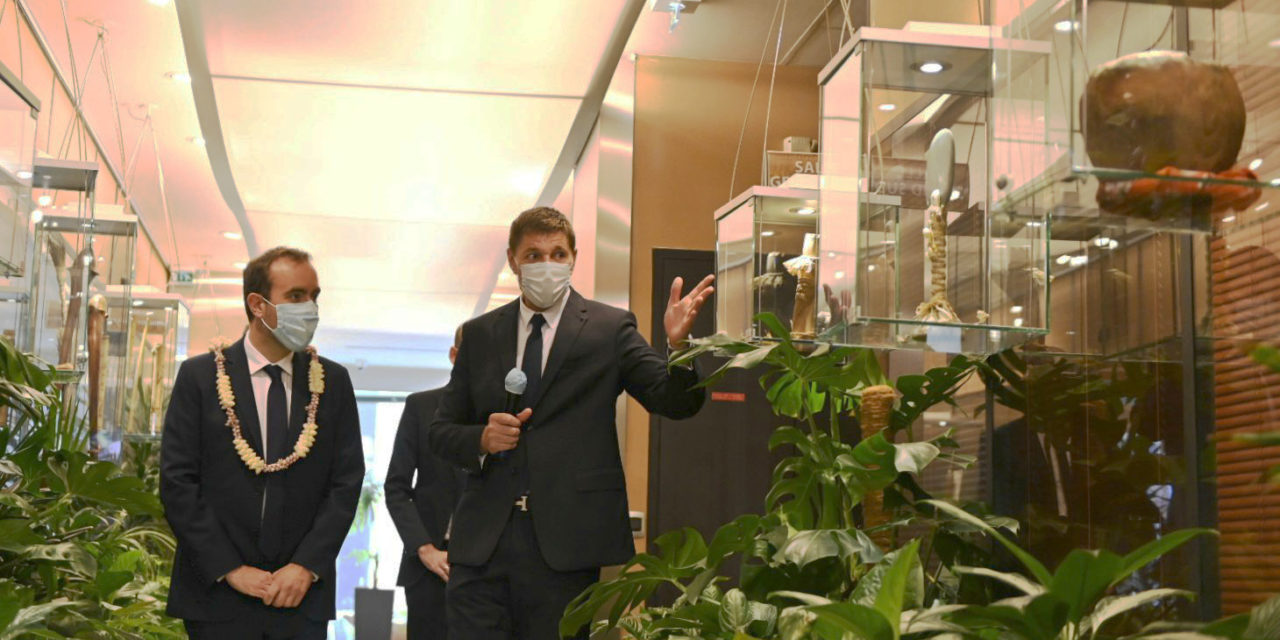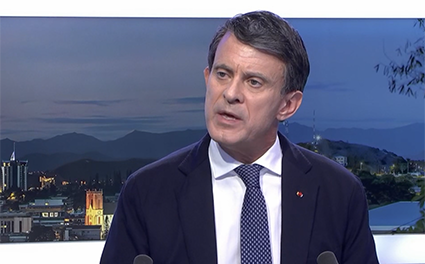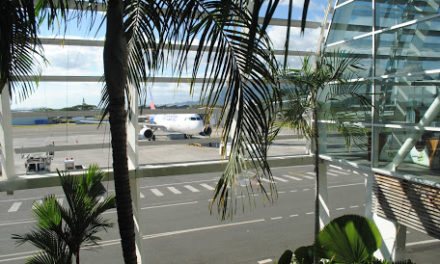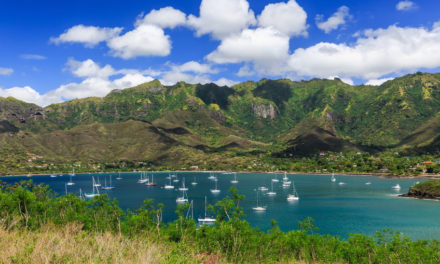During his a three-week stay, Lecornu will meet key leaders of the Caledonian political forces.
Original process
Speaking to the France Inter radio network, in Paris, the minister of Overseas said that he “would like to praise the spirit of responsibility of all Caledonian political forces, in the camps of yes and no.”
“This peace process that we have here is an original, singular, rather unusual process of French decolonization, recognized by the United Nations. It’s a process that guarantees civil peace and democratic expression,” he explained, talking about the Nouméa Accord, signed on May 5, 1998.
Tripartite agreement
While some local political leaders have accused the French State of not having been present alongside supporters of the “No” to independence, Mr. Lecornu stressed that the Nouméa Accord which “a tripartite agreement between those who want independence, those who do not want it, and the third entity is the State: the State, in defense of the general interest, which is the guarantor of impartiality”.
Impartial
“One should not confuse the State and the government, which are two different things”, he continued: “If the government can take political initiatives, this is possible”, he noted, but “the State must remain impartial”
Imagination
To the question of a possible third referendum, by 2022, “The answer belongs to the Caledonian elected representatives”, the minister replied. Something new had to be imagined for New Caledonia’s future after the end of the Nouméa Accord, he added.
Photo > Sebastien Lecornu (left) during his visit at the New Caledonia House, in Paris, on August 2020. Sebastien Lecronu Twitter.





